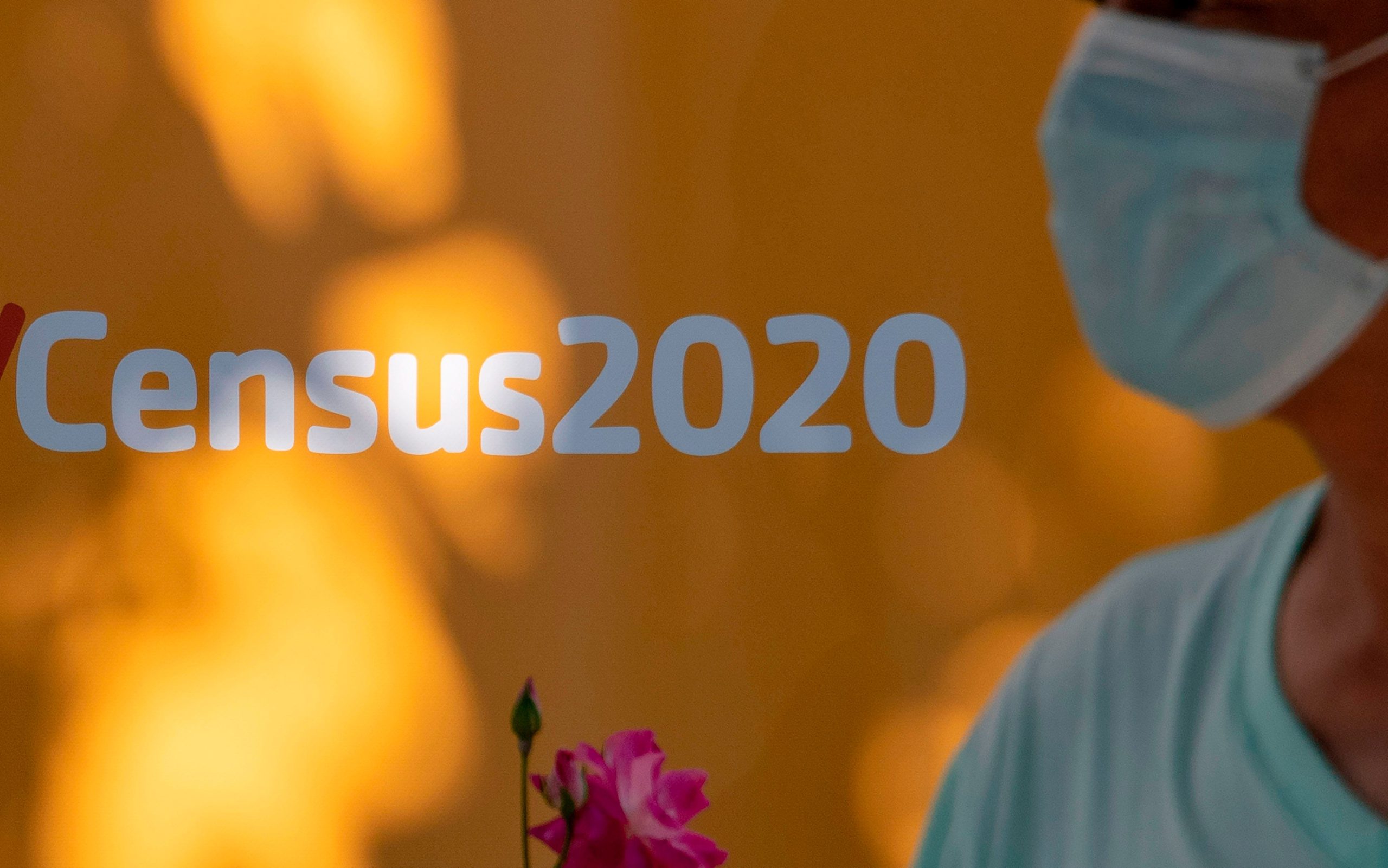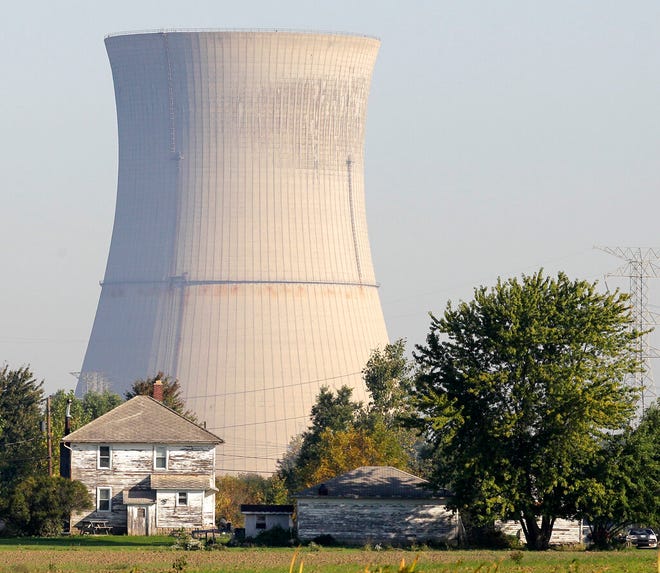
A medical device company in Massachusetts has both saved and changed a young man's life over the last several years.Four years ago, Adam Millar was 19 years old and pursuing a hockey career in his home state of Colorado when he suddenly came down with what he thought were flu symptoms, but his heart had actually lapsed into atrial fibrillation, which quickly turned into cardiogenic shock."I was an active person and then three days later, I was bedridden and on life support," Millar said.Millar nearly died, but two Impella heart pumps, the world's smallest heart pumps designed and manufactured by Danvers-based Abiomed, saved his life."It's crazy," he said. "Just kind of the simple idea of allowing your heart to rest and recover, and let these pumps pump blood throughout your body while it can relax and recover. And then three days later, your heart is fully back to functioning."After recovering from his heart attack, Millar flew to Danvers and began an internship at Abiomed. That is where he met Casey Mucci, who began working in the company's human resources department just six months earlier."His story was very well-known around the office and when he was coming on board, everyone was like: 'Adam Millar is coming!' and I was like: 'Who's this Adam Millar guy?'" Mucci said.It turns out that Mucci accepted Millar's proposal when he asked her to marry him a few months ago, and that the company that made the device that saved his heart brought their two hearts together."I'm very, very grateful that I had the opportunity to join this company," Mucci said. "Obviously, it led me to Adam and our future, and I'm very grateful."Millar, now a senior student at Northeastern University living in Malden, said he lives every day with passion, purpose and gratitude, even about his close call with death."I mean, it saved my life, brought me to my future wife and gave me a passion for a career," Millar said.When Millar graduates from Northeastern in May, he plans to use his mechanical engineering degree to develop the kind of cardiovascular medical devices that saved his life.
A medical device company in Massachusetts has both saved and changed a young man's life over the last several years.
Four years ago, Adam Millar was 19 years old and pursuing a hockey career in his home state of Colorado when he suddenly came down with what he thought were flu symptoms, but his heart had actually lapsed into atrial fibrillation, which quickly turned into cardiogenic shock.
"I was an active person and then three days later, I was bedridden and on life support," Millar said.
Millar nearly died, but two Impella heart pumps, the world's smallest heart pumps designed and manufactured by Danvers-based Abiomed, saved his life.
"It's crazy," he said. "Just kind of the simple idea of allowing your heart to rest and recover, and let these pumps pump blood throughout your body while it can relax and recover. And then three days later, your heart is fully back to functioning."
After recovering from his heart attack, Millar flew to Danvers and began an internship at Abiomed. That is where he met Casey Mucci, who began working in the company's human resources department just six months earlier.
"His story was very well-known around the office and when he was coming on board, everyone was like: 'Adam Millar is coming!' and I was like: 'Who's this Adam Millar guy?'" Mucci said.
It turns out that Mucci accepted Millar's proposal when he asked her to marry him a few months ago, and that the company that made the device that saved his heart brought their two hearts together.
"I'm very, very grateful that I had the opportunity to join this company," Mucci said. "Obviously, it led me to Adam and our future, and I'm very grateful."
Millar, now a senior student at Northeastern University living in Malden, said he lives every day with passion, purpose and gratitude, even about his close call with death.
"I mean, it saved my life, brought me to my future wife and gave me a passion for a career," Millar said.
When Millar graduates from Northeastern in May, he plans to use his mechanical engineering degree to develop the kind of cardiovascular medical devices that saved his life.
Source link









